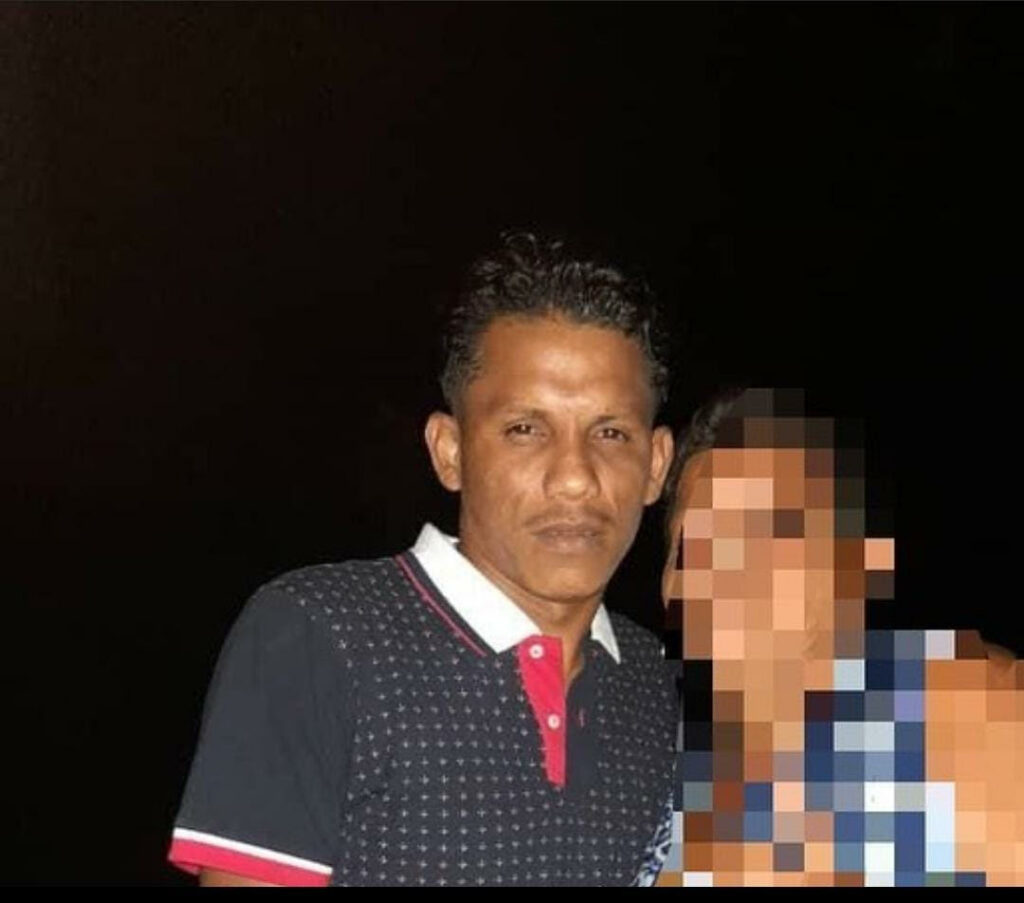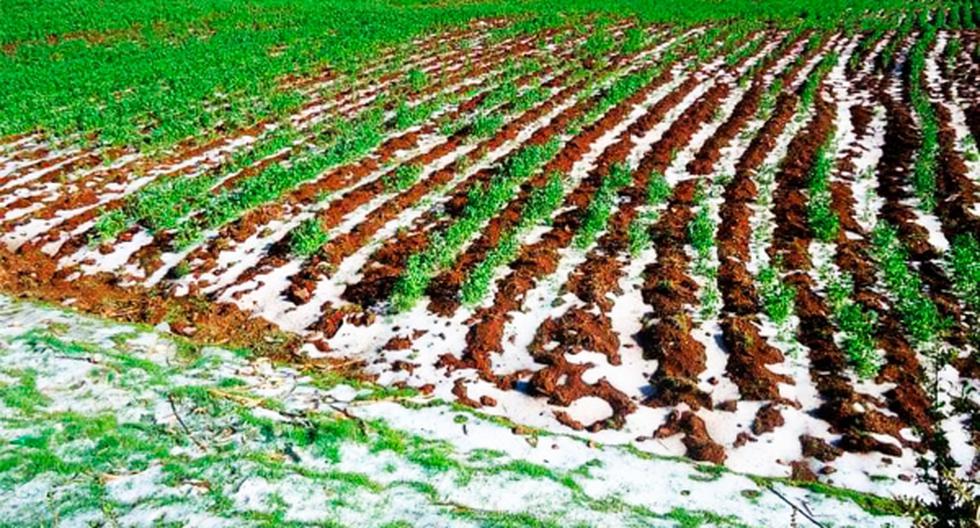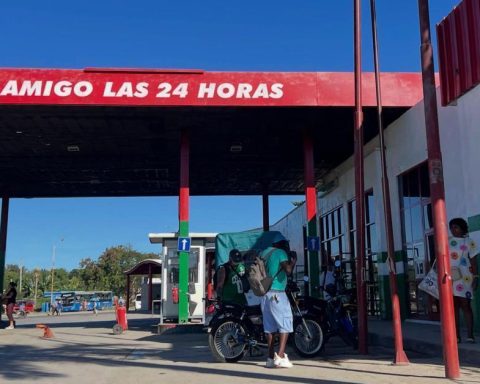The Dominican Foreign Minister Roberto Álvarez, on behalf of the Dominican government, also responded to the UN High Commissioner for Human Rights, Volker Türk, who criticized the repatriations from the Dominican Republic to Haiti.
In this sense, Álvarez clarified that they are a sovereign right of all nations.
“The critical situation that Haiti is going through is not the responsibility of the Dominican government, nor can it ever be an obstacle to the application of our laws.”
And he added that the statistics of repatriations made to Haiti, from Dominican territory, in 2022, reflect the cases of two accompanied minors and another 3,176 minors handed over to the DR National Council for Children for family reunification in Haiti.
These official data contradict the information issued by the High Commissioner Volter Türk, on deportations of unaccompanied minors.
The Minister of Foreign Affairs also shared the statistics that show that in 2022 alone, more than 34,000 Haitian immigrant deliveries were attended free of charge in the Dominican public network.
Furthermore, this figure reflected an increase from 12.5% to 32.8% between 2018 and 2022.
In his statement, he expressed in the same way that the role of the Commissioner should be to bring solutions to the Haitian crisis, instead of demonstrating against the country’s sovereignty.
Full message from Foreign Minister Roberto Álvarez
Given the comments of the UN High Commissioner for Human Rights, Volker Türk, I clarify on behalf of the Dominican government: The right to repatriate or deport is sovereign of all nations and necessary for safe, orderly and regular migration.
It is surprising that the Commissioner has spoken of deportations in Haiti instead of bringing solutions to the crisis.
In 2022, the DR repatriated 120,900 foreigners, mostly Haitian nationals. There were only 2 minors who were accompanied.
Also last year, 3,176 Haitian minors were handed over to the DR National Council for Children for family reunification in Haiti through the Institut du Bien Etre Social et des Recherches (IBERS).
The proportion of deliveries to Haitian mothers attended in the Dominican public network increased from 12.5% to 32.8% between 2018 and 2022. DR cannot meet the basic needs or deficiencies of the Haitian population; this is a responsibility of the Haitian State.
However, the access to health of pregnant migrants guaranteed by our constitution has not ceased. In 2022 alone, more than 34,000 Haitian immigrant deliveries were attended free of charge in the DR public network.
The Dominican government works to improve the quality of reception centers and vehicles in immigration interdiction processes, guaranteeing constitutional due process in administrative processes.
The critical situation that Haiti is going through is not the responsibility of the Dominican government, nor can it ever be an obstacle to the application of our laws. The position of the international community regarding the Haitian tragedy remains to be clarified.

















